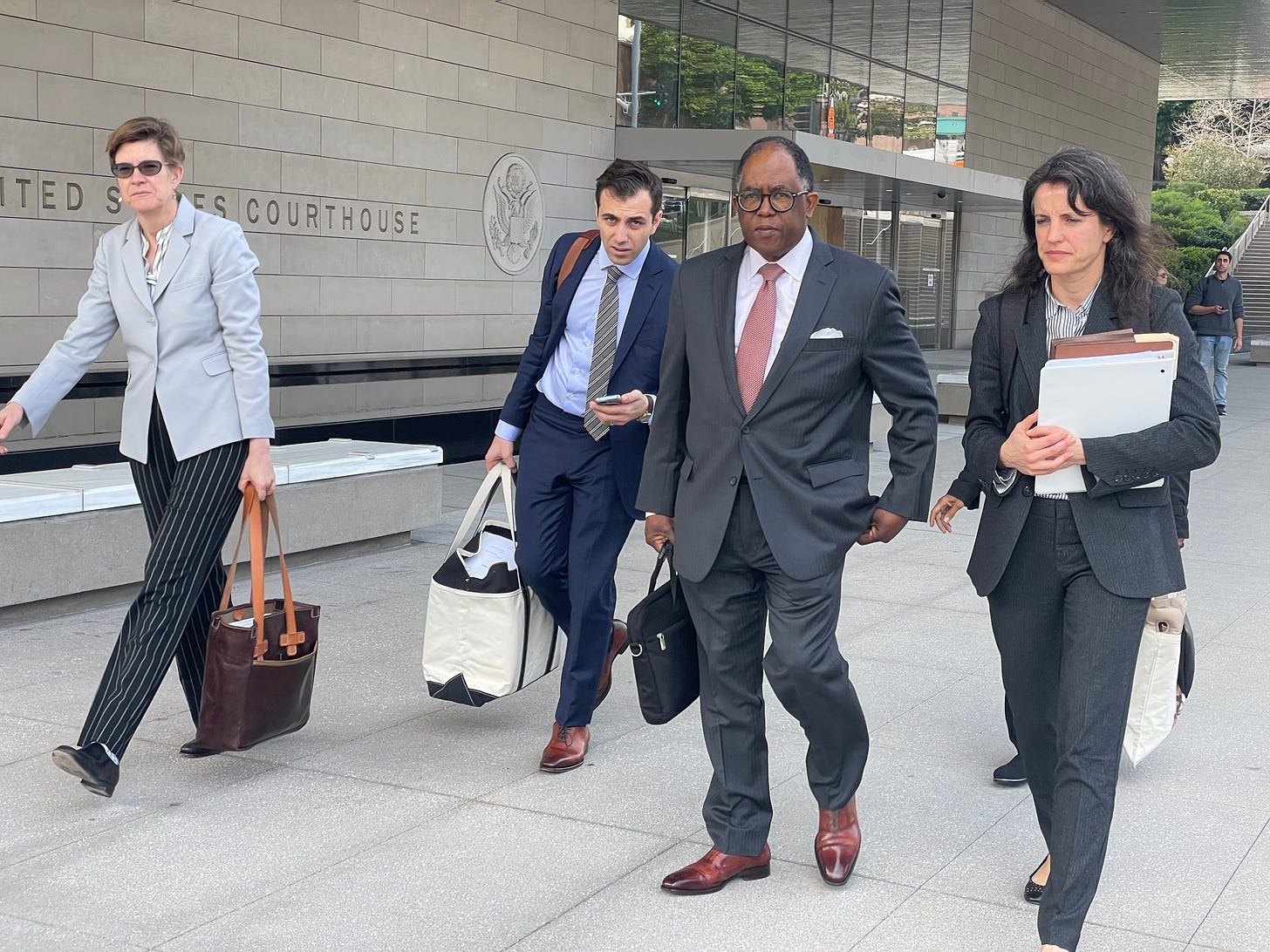Prosecutors rest their public corruption case against L.A. City Councilman Mark Ridley-Thomas
An FBI agent's testimony introduced as evidence two emails regarding now-Los Angeles Mayor Karen Bass' USC scholarship when she was in the U.S. House.

Jurors in the public corruption trial of longtime Los Angeles politician Mark Ridley-Thomas likely know by now that his alleg…


